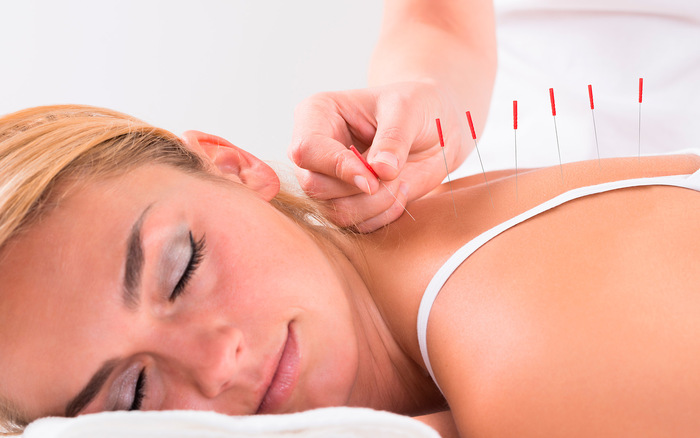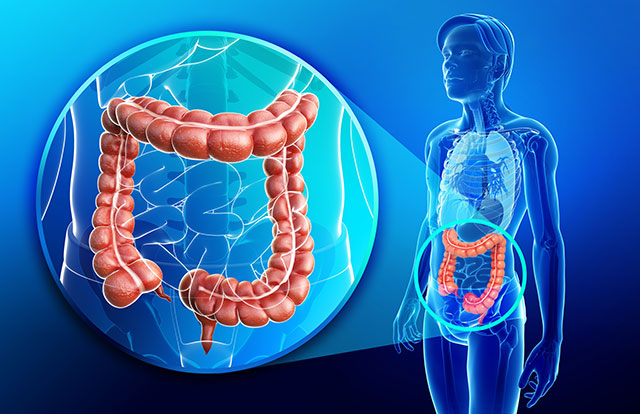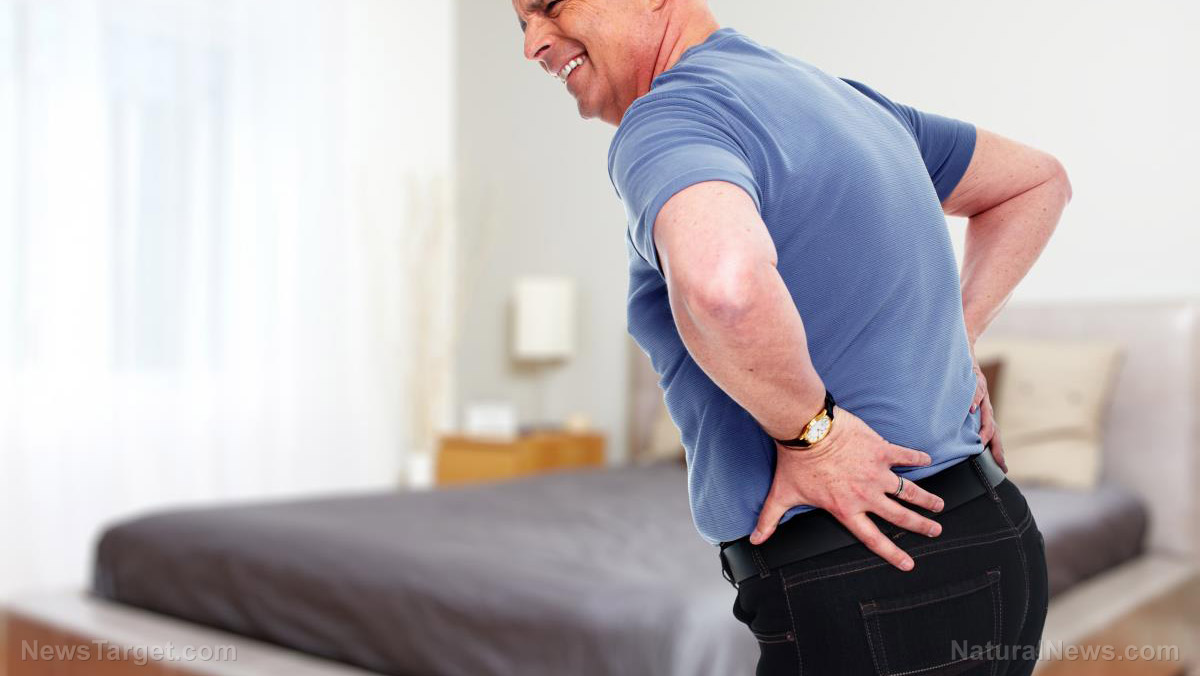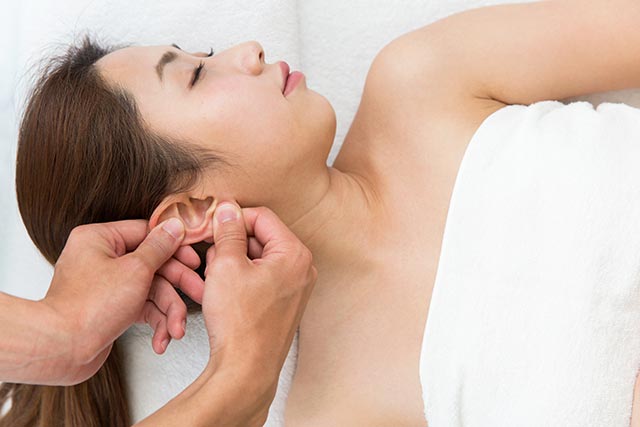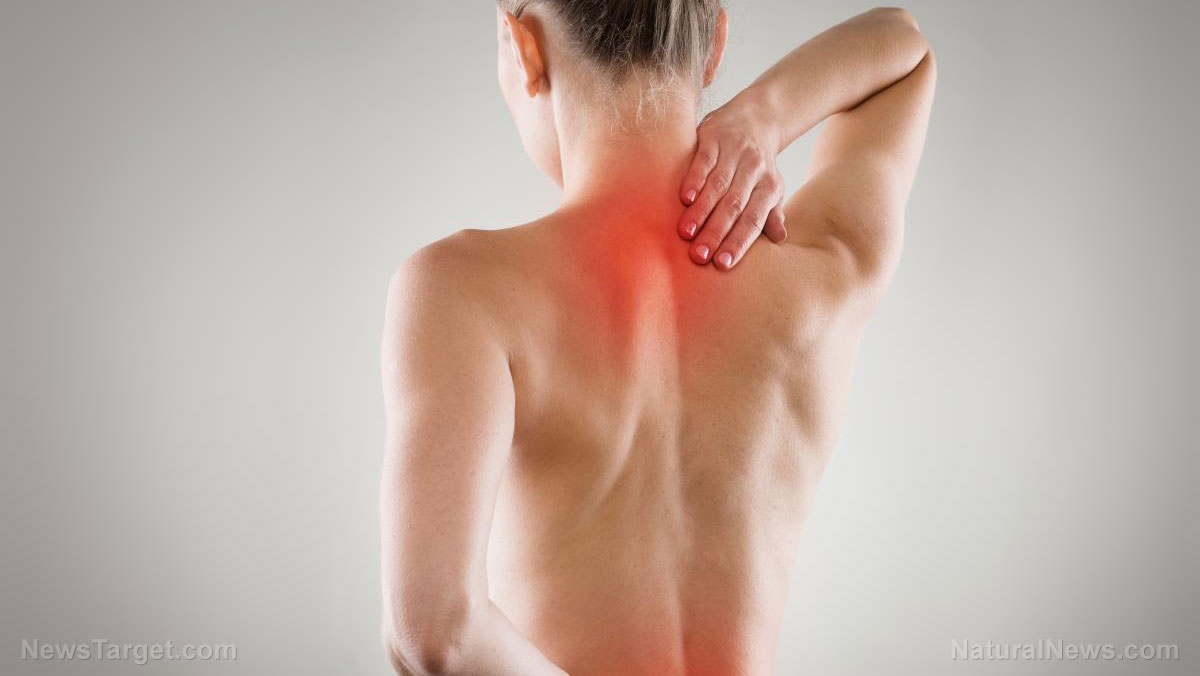Natural remedies for osteoporosis: What are the science-based health benefits of red clover?
12/06/2019 / By Darnel Fernandez

Red clover is a preferred herb among herbalists due to the variety of health benefits it provides. This herb is well-known for its ability to treat symptoms of menopause and perimenopause like hot flashes – a feeling of intense heat not caused by external sources. In addition to this, taking red clover can also help prevent hip fractures in people with postmenopausal osteoporosis.
Get your red clover for better bone health
Red clover, scientifically known as Trifolium pratense, is a small, herbaceous plant that flowers across western Asia, Europe, and some parts of Africa. It is traditionally used as medicine in these regions to treat different health conditions and consumed as a tea. One of the highlights of red clover is its high phytoestrogen content, which makes it an attractive natural hormone replacement therapy for women with menopause. These are naturally occurring plant compounds that function similarly to human estrogen because they interact with the same cell receptors.
This herb can also be used as an excellent supportive therapy for osteoporosis in menopausal women, particularly on its effect on bone mineral density. Researchers from Denmark performed a randomized, placebo-controlled trial to investigate the effects of daily consumption of red clover on bone health in healthy menopausal women. In their study, published in the journal Evidence-Based Complementary and Alternative Medicine, the researchers randomized 60 menopausal women into two groups. They tasked one group to take 150 milliliters of red clover extract daily while the other was given an equivalent dose of placebo. (Related: Red clover shown to improve bone mineral density and lower LDL cholesterol.)
After a 12-week-long trial period, the researchers observed that daily supplementation of red clover extract had a positive effect on bone health. Participants who took the extract saw an improvement in spinal bone mineral density and T-score, which refers to the comparison of the participant’s bone mineral density in contrast to a healthy 30-year-old adult.
A more recent study also by Danish researchers conducted a similar placebo-controlled trial where 85 women aged 60 to 85 were randomized into either a placebo group or a red clover extract group to examine the impact of red clover on bone mineral density loss. All of the participants involved in the study suffered from osteopenia, a condition that accelerates bone loss. At the end of the trial period, the researchers observed that both groups of women showed some decline in bone mineral density. However, those who took the extract were found to have “normal” levels of bone mineral density loss for their age, while those who took the placebo had increased bone mineral loss.
The researchers also observed that the biggest difference in bone density was found in the trochanter, a bone extension of the thigh bone. According to the researchers, the extract used in the study was particularly protective against hip fractures.
According to Professor Per Bendix Jeppesen, an author from both studies, red clover extract could be one of the best ways to avoid the harmful side effects of contemporary estrogen replacement therapy used by menopausal women to manage symptoms and prevent the onset of osteoporosis.
“The treatment is groundbreaking, as we can now treat osteoporosis without the use of dangerous oestrogens, which introduce a significantly increased risk of cancer and other side effects,” said Jeppesen.
Other health benefits of red clover
This medicinal herb can do much more than preventing osteoporosis. Here are a few other health benefits of red clover:
- Boosts the immune system. The greens of the red clover plant contain a hefty dose of vitamin C, which is considered a potent immune booster that stimulates the production of white blood cells.
- Potential to prevent cancer. Experts claim that prostate cancer is the second most common cancer among men, only falling behind skin cancer. A study published in the journal Cancer Epidemiology, Biomarkers, and Prevention found that red clover contains dietary isoflavones that can halt the progression of prostate cancer by inducing a natural self-destruction process called apoptosis.
- Prevents infections. Tea made from red clover contains a hefty amount of antioxidants which can reduce or neutralize free radicals. The damage done by free radicals could lead to degenerative diseases and cell mutation.
If you’re concerned about your bone health, taking red clover supplements could help stop your worries. The use of red clover could potentially lead to the proliferation of natural therapies as treatment for various diseases.
Sources include:
Tagged Under: alternative medicine, bone health, herbal medicine, Herbs, immune system, infections, natural medicine, Natural Treatments, osteoporosis, prevention, red clover, remedies
RECENT NEWS & ARTICLES
COPYRIGHT © 2017 NATUROPATHY NEWS




